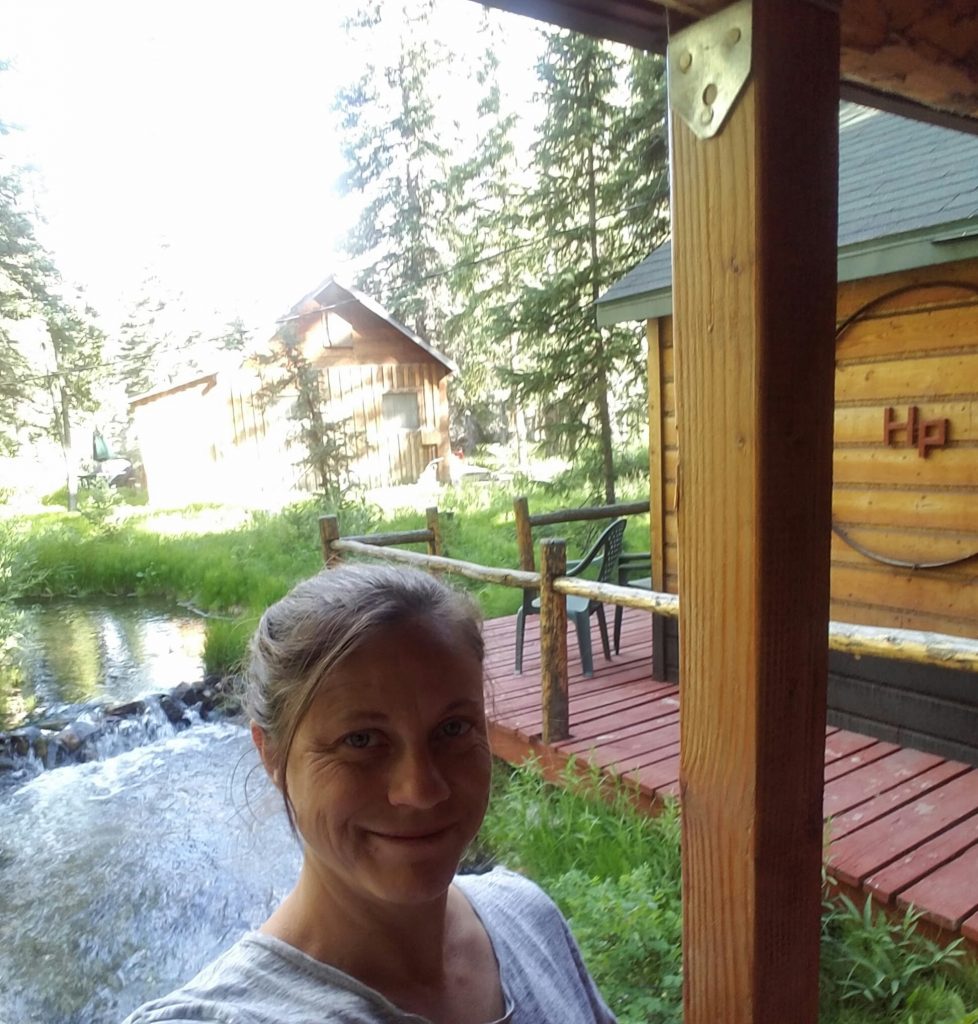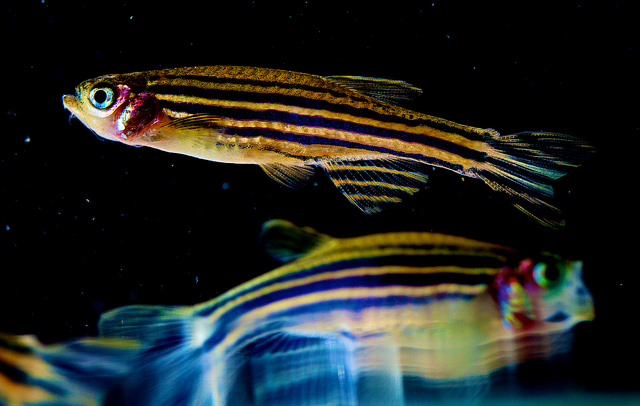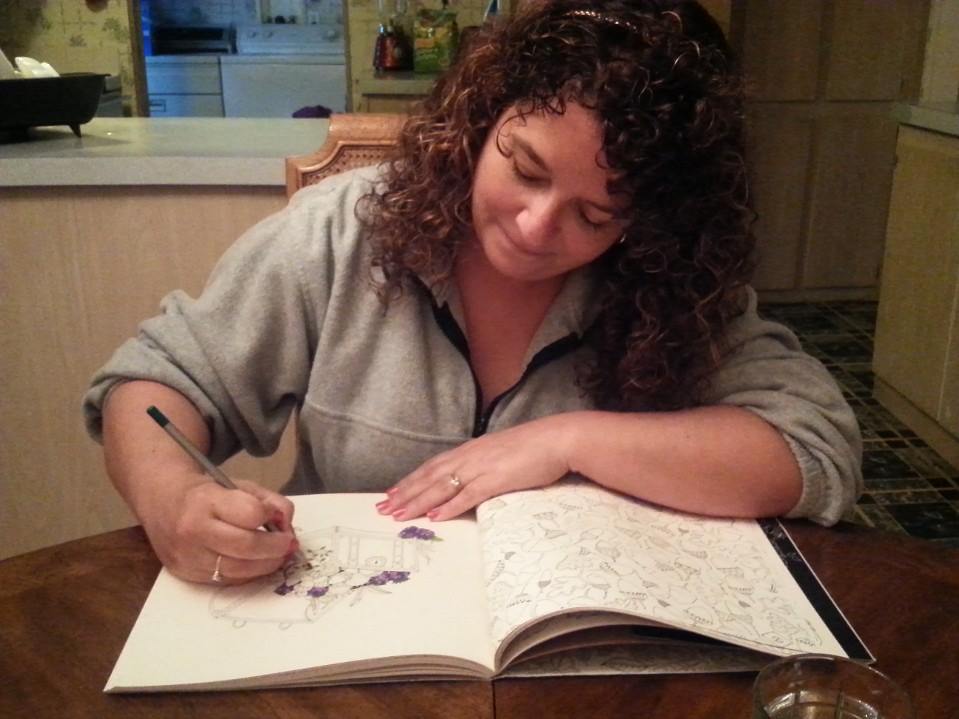The city never slept but its nights and days sounded different. The days were bright and burning and belonging to the masses; the nights, a cacophony, were his, the cars passing outside, shattered windows in back alleys, wild cats climbing on dumpsters, nails scratching metallic echoes. Gunshots cut through dark air, distant sirens resonated, groups of drunk college kids walked in packs, rocking back and forth up the streets, the homeless huddled beneath awnings in secluded corners of cracked sidewalks with splitting knuckles holding Styrofoam cups, shaking them so that the change at the bottom rattled between the empty spaces, buried deep in mountains of dumpster clothing. Buildings sat on corners, crumbling, walls graffitied in spray paint rainbows, names and murals staining centuries-old brick falling in on itself.
He was falling in on himself.
The city at night sounded like his ribs when they broke, his body as it caved in on itself and snapped in half so loudly they heard it downstairs and thought it was a gunshot, another bullet hitting its mark, eating into the flesh of another broken soul, unwanted — unwanted, yes, disowned, in a room no warmer than the frigid air outside, shivering under layers, skin stretched too tight across bones. He was alone, alone, never heard the knock on the door, once, twice, open, breathing in and out and choking on stale air, on the venom in the back of his throat, hunched over on the floor. He didn’t know he was crying until the tears froze on his cheeks and someone knelt in front of him, gentle hands making everything feel red hot, making the apartment swim in maroon and burnt orange and the voice spoke.
This is where you’ve been hiding. But he hadn’t been hiding, not really, just hadn’t been found. Why had he run? He missed the safety of theirs, everything theirs, their apartment where he’d always been protected. Foolish boy, shaking violently, breaking down on a dirty floor. He’d left everything he had out of fear and suddenly he was staring death in the face, the cold unforgiving gaze of the absence of life holding his frozen hands. There were hands on his cheeks, his face, warmth radiating into his bones, melting his fear into resolve, stay, stay, stay, come back with me, I’ll help you move back in, it’ll be okay, okay, okay. Over and over, the litany he knew by heart. He apologized but his voice didn’t belong to him, not then, not breaking in the cold, shattering like the windows and the gunshots and the crumbling buildings; he knew the graffiti by heart, he’d put it there.
Stumbling, half falling, never looking straight ahead, following touches on his back and whispered directions. I’m sorry, c’mon baby, I looked for you everywhere and couldn’t find you, what were you thinking? He had no answer, nothing left to give to the arm around his shoulders, no one is going to hurt you, promises while they walked, stumbling. He didn’t know how many times he had fallen but his nose was bloody, blood freezing to his face, running hot rivers down his neck, hands reaching up to wipe it away, let it fall again, wipe it away. They took the elevator; he couldn’t bend his legs enough to take more stairs. Consistency fumbled next to him, hasty fingers desperately pressing key into lock, everything familiar, clean, could feel the heat soaking into his skin, hot and dry. He thought of that desert in Arizona. They’d hiked for days just to say they had and he had pictures to prove it, hanging on the wall, their wall, with no gunshots in plaster that no fists had broken through, their bed more than just a pile of blankets on the floor.
He went to the bathroom, their bathroom, looked into the mirror and didn’t recognize himself, fell heavy against the sink and hit his head. One bottle of whisky and ten stitches later the mirror was broken and his fist was bleeding. No yelling, not here, just sadness, disappointment, the silent growing Arizona canyon. Why did you bring me back? They lay on the floor, couldn’t sleep in their too-soft bed, he sank too far in and it reminded him of drowning, gasping for air among smoke and ash and burning things he remembered too well, fervently checking his hands to make sure they were still there. They slept on the floor, laying next to each other. Breathe in, breathe out, listen to the clock on the wall, throw the clock on the floor, shatter its face, shatter his face with it, broken pieces in the living room. He only sighed and swept up the glass.
Not a disappointment, stop saying that, stop talking like that, you’re here now, do not think about that, we’ll get your stuff tomorrow. What stuff? He didn’t exist, he was free, no ties to anything except that damn apartment, wanted the gunshots and the alleys back, taking walks among the trash cans and talking to the burnt out street lights, I know what it’s like to be burnt out. They never talked back, don’t talk back, but he had never learned not to talk back, never learned how to be broken, just knew it. The way it burned in the bottom of his stomach like the oil drum fires in the parks under the bridges, bridges like he’d thrown himself over once, same hands pulling him out. What are you doing, come back with me, don’t talk like that, different circumstances, the same words.
He felt the water’s cold again, ice prickling under his skin, burning beneath his eyes. He saw the river behind his eyelids, saw the needle lodged in his forearm, tried to pull it out and the hands kept him still, too still, hated the everlasting stillness, the quietness. There were no gunshots here, no distant sirens, the clock broken on the floor no longer ticked, the neighbours slept and no one walked up the stairs, sat on the stoop, crouched in the corners of the steps and smoked things that smelled too sweet, hid in rooms that smelled like sweat, cold sweat, buried in as many blankets as they could find, full of more holes than the windows, always the windows. No one else knew what the windows sounded like when they shattered, with fists and bullets and barstools. He always got kicked out of the bars for drinking too much, but wasn’t that the point?
Things made less sense there, he cared less there, started too many fights. Now he started fights and there were apologies, too many, hitting him in the face, leaving bruises, worse than punches, worse than cold cracking at his skin. He liked the cold, the sharp chill of his bare back against the pavement. What are you doing, get up, you can’t lay on the road you fucking idiot. It was one time, he was just tired. They locked him up for three days, stupid junkie, didn’t believe him when he said that the sky was on fire, laughed when he told them that the oceans were drying up. There are no oceans here, have you ever seen water in your life? Too much water, walking dripping wet down the street, shifting eyes, suspicious eyes, everyone always looking down, and maybe they were scared of the fire in the sky but he wasn’t. He was never scared of anything except the bed sheets rustling next to him, next to a perfect person, scared of perfect people, scared of ruining good things and not knowing why the darkness was burning, why cold could burn.
Let me take care of you. He was always needing taken care of, wondering when he could take care of himself, knowing why, knowing that four blocks out the front door and down the street was that bridge. He said was trying to fly, knew he couldn’t fly, couldn’t bear to hear you need to sober up one more time. He was sober, sober, sober now, sober when he did it, always sober. The front doors were all the same color, lined up in a row down that street, making him sick to his stomach with the blur passing his half-closed eyelids, making him dizzy with the effort, with the bathroom tile cold, 4 a.m., tired angry voice. You gotta get better, baby I love you but you gotta stop this. He was puking up whatever was in that god damn needle, still seeing people breaking through his thoughts, clawing at his eyes, red streaks down his arms, blood under his nails, baby stop this. He didn’t want to stop, didn’t want the sky to stop burning, wanted to watch it crash and break and shatter onto the streets, burn everything too perfect.
This story first appeared in Bending Genres.

Monica Robinson is a queer, Indianapolis-based artist, writer, poet, photographer, and activist. She recently published her first poetry collection, “Exit Wounds”, and is currently focusing on her first full-length novel. You can connect with her and follow her upcoming projects at www.facebook.com/mrobinsonwrites.


 Amy Alexander is a poet, visual artist and homeschooling mother living in Baton Rouge, Louisiana, not far from the Mississippi River, which is very far from her hometown on the Colorado River, but still familiar, because of moving water. Her work has appeared most recently in The Coil, Anti-Heroin Chic, the Mojave Heart Review, Mooky Chick, The Remembered Arts, and RKVRY. Follow her on Twitter
Amy Alexander is a poet, visual artist and homeschooling mother living in Baton Rouge, Louisiana, not far from the Mississippi River, which is very far from her hometown on the Colorado River, but still familiar, because of moving water. Her work has appeared most recently in The Coil, Anti-Heroin Chic, the Mojave Heart Review, Mooky Chick, The Remembered Arts, and RKVRY. Follow her on Twitter 
 Tamara Kaye Sellman is a widely published writer living in Bainbridge Island, WA. Her most recent work has recently appeared, or is forthcoming, in 50-Word Stories, Something On Our Minds, The Nervous Breakdown, Halfway Down the Stairs, Collective Unrest, Postcard Poems and Prose, and Crab Creek Review. Her work has been nominated twice for the Pushcart Prize. She works as a sleep health educator, healthcare writer, and MS advocate/columnist when she’s not crafting creative prose. She was diagnosed with RRMS in May 2013, but suspects her MS-specific symptoms in 1975 actually mark its initial onset.
Tamara Kaye Sellman is a widely published writer living in Bainbridge Island, WA. Her most recent work has recently appeared, or is forthcoming, in 50-Word Stories, Something On Our Minds, The Nervous Breakdown, Halfway Down the Stairs, Collective Unrest, Postcard Poems and Prose, and Crab Creek Review. Her work has been nominated twice for the Pushcart Prize. She works as a sleep health educator, healthcare writer, and MS advocate/columnist when she’s not crafting creative prose. She was diagnosed with RRMS in May 2013, but suspects her MS-specific symptoms in 1975 actually mark its initial onset.